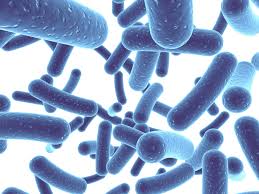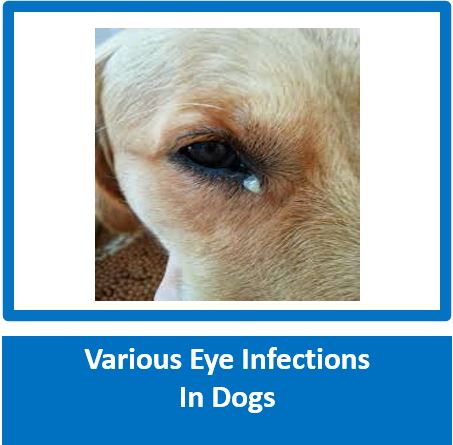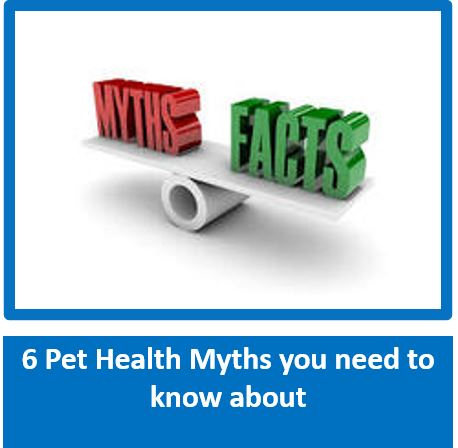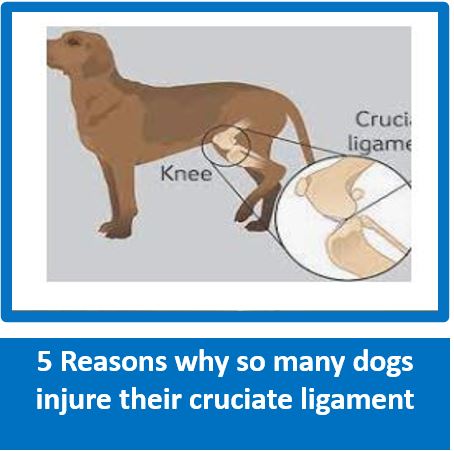
GENRIC Pet insurance is the newest and most innovative pet medical insurance product (not a pet medical aid) in South Africa. It is designed to cover the unexpected, unforeseen and fortuitous veterinary costs that cats and dogs kept as household pets may incur as a result of illness or injury. its development took cognisance of the strengths and weaknesses of of other policies and therefore avoids their shortcomings from day one. www.genricpet.co.za
Probiotics and Prebiotics
There is often a lot of confusion as to the difference between a Prebiotic and Probiotic and what each of them do. We had this article on file by Dr. Patty Khuly which will give you more information. Dr. Patty Khuly - www.drpattykhuly.com and there is a great Comments and Posts Tab with a lot of interesting information - enjoy!

-"Prebiotics" are distinct from the "probiotic" dietary supplements you know of simply as "probiotics,"but they’re not altogether different. They still work at the level of the small intestine, where swarms of bacterial colonies reside and feed happily on the goo in your pet's gastrointestinal (GI) tract.
But instead of supplying "good" bacteria directly (usually in a probiotic chewie or powder supplement), prebiotics supply bacterial growth promoters — the building blocks, if you will, of happy bacterial colonies.
Here’s a better explanation, provided by the International Scientific Association for Probiotics and Prebiotics (ISAPP):
"Prebiotics are selectively fermented, dietary ingredients that result in specific changes in the composition and/or activity of the gastrointestinal microbiota, thus conferring benefit(s) upon host health. Unlike probiotics, a prebiotic targets the microbiota already present within the ecosystem, acting as a 'food' for the target microbes with beneficial consequences for host."
Got it? Sounds pretty basic, right? But while this blurb manages to explain (at least in principle) how prebiotics work, it’s not too clear on what they do. We all know that probiotics help pets with diarrhea or chronic small intestinal "bad" bacterial overgrowth, but what is this "benefit upon host health" prebiotics confer?
Here’s a continuation of the same ISAPP pitch:
"Certain prebiotics, when used in adequate amounts, have been shown to provide health benefits including improved digestive function and intestinal environment, positive modulation of immunity and metabolism, improved lipid metabolism and improved absorption of dietary minerals. Prebiotics can complement probiotic functions."
In case that’s still fuzzy, here’s an explanation from a nutritionist with Iams' pet foods:
"More specifically, prebiotic fiber is fermented by many beneficial species of the intestinal bacterial ecosystem, which leads to the generation of short chain fatty acids. These short chain fatty acids then serve as an important energy substrate for intestinal mucosal cells, which, in turn, leads to intestinal mucosal growth, increased GI motility, a decrease in pathogenic bacterial species, an anti-inflammatory state of the GI mucosa, and the modulation of the gut-associated immune system."
Satisfied? No? Okay, let me translate:
Probiotics are great for pets who suffer occasional or even chronic overgrowths of "bad" intestinal bacteria that result from problems like "garbage gut" (dietary indiscretion) or a sensitivity to or inability to absorb certain dietary ingredients. Adding the good bacteria helps correct the imbalance and tamp down the nasty bacteria’s populations. Hence, probiotics are especially helpful for pets suffering from intermittent or chronic diarrhea.
Similarly, prebiotics work to mitigate the effects of the bad bacteria by supplying oligosaccharides (mostly fructooligosaccharides or mannanoligosaccharides) to promote the growth of the good bacteria (primarily bifidobacteria and, to some extent, lactobacilli). In the case of prebiotics, this positive effect also extends to the actual intestinal cells. Bonus.
It’s just another way of getting the right GI bacteria balance, along with some intestinal cell support, so that pets might theoretically be able to tolerate acute GI insults more readily and suffer fewer symptoms of chronic gut problems.
That’s the idea, and it’s a compelling one, too. Anything that helps us treat the intestines without the use of drugs is a potential boon for pets suffering from diseases of the gastrointestinal tract. That’s why prebiotic ingredient-fortified diets are becoming more and more popular in the pet food marketplace. Iam’s is the biggest player on the prebiotic scene so far, but expect to see more big pet food companies take on this bacteria detail in the coming year.
But instead of supplying "good" bacteria directly (usually in a probiotic chewie or powder supplement), prebiotics supply bacterial growth promoters — the building blocks, if you will, of happy bacterial colonies.
Here’s a better explanation, provided by the International Scientific Association for Probiotics and Prebiotics (ISAPP):
"Prebiotics are selectively fermented, dietary ingredients that result in specific changes in the composition and/or activity of the gastrointestinal microbiota, thus conferring benefit(s) upon host health. Unlike probiotics, a prebiotic targets the microbiota already present within the ecosystem, acting as a 'food' for the target microbes with beneficial consequences for host."
Got it? Sounds pretty basic, right? But while this blurb manages to explain (at least in principle) how prebiotics work, it’s not too clear on what they do. We all know that probiotics help pets with diarrhea or chronic small intestinal "bad" bacterial overgrowth, but what is this "benefit upon host health" prebiotics confer?
Here’s a continuation of the same ISAPP pitch:
"Certain prebiotics, when used in adequate amounts, have been shown to provide health benefits including improved digestive function and intestinal environment, positive modulation of immunity and metabolism, improved lipid metabolism and improved absorption of dietary minerals. Prebiotics can complement probiotic functions."
In case that’s still fuzzy, here’s an explanation from a nutritionist with Iams' pet foods:
"More specifically, prebiotic fiber is fermented by many beneficial species of the intestinal bacterial ecosystem, which leads to the generation of short chain fatty acids. These short chain fatty acids then serve as an important energy substrate for intestinal mucosal cells, which, in turn, leads to intestinal mucosal growth, increased GI motility, a decrease in pathogenic bacterial species, an anti-inflammatory state of the GI mucosa, and the modulation of the gut-associated immune system."
Satisfied? No? Okay, let me translate:
Probiotics are great for pets who suffer occasional or even chronic overgrowths of "bad" intestinal bacteria that result from problems like "garbage gut" (dietary indiscretion) or a sensitivity to or inability to absorb certain dietary ingredients. Adding the good bacteria helps correct the imbalance and tamp down the nasty bacteria’s populations. Hence, probiotics are especially helpful for pets suffering from intermittent or chronic diarrhea.
Similarly, prebiotics work to mitigate the effects of the bad bacteria by supplying oligosaccharides (mostly fructooligosaccharides or mannanoligosaccharides) to promote the growth of the good bacteria (primarily bifidobacteria and, to some extent, lactobacilli). In the case of prebiotics, this positive effect also extends to the actual intestinal cells. Bonus.
It’s just another way of getting the right GI bacteria balance, along with some intestinal cell support, so that pets might theoretically be able to tolerate acute GI insults more readily and suffer fewer symptoms of chronic gut problems.
That’s the idea, and it’s a compelling one, too. Anything that helps us treat the intestines without the use of drugs is a potential boon for pets suffering from diseases of the gastrointestinal tract. That’s why prebiotic ingredient-fortified diets are becoming more and more popular in the pet food marketplace. Iam’s is the biggest player on the prebiotic scene so far, but expect to see more big pet food companies take on this bacteria detail in the coming year.




